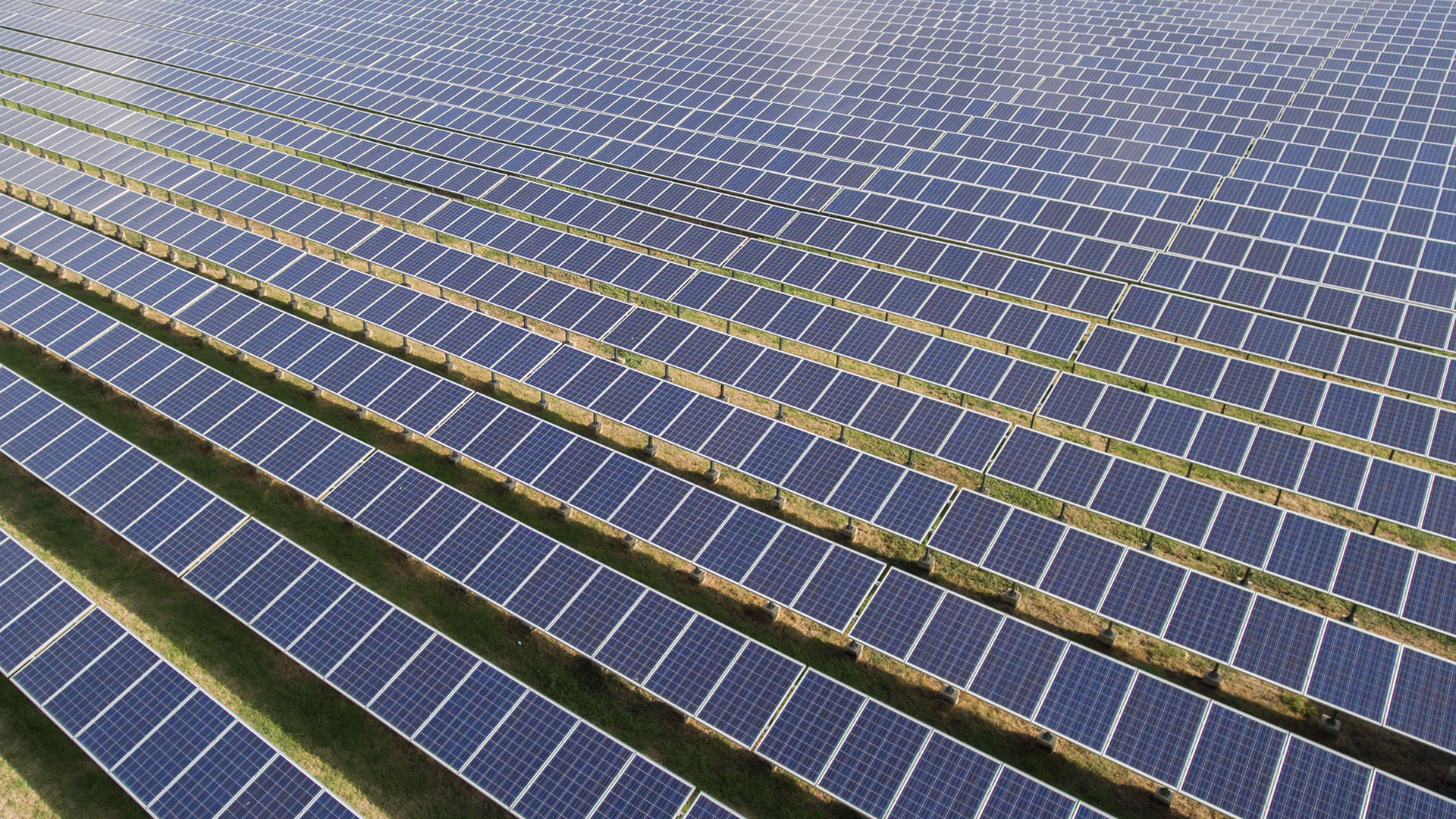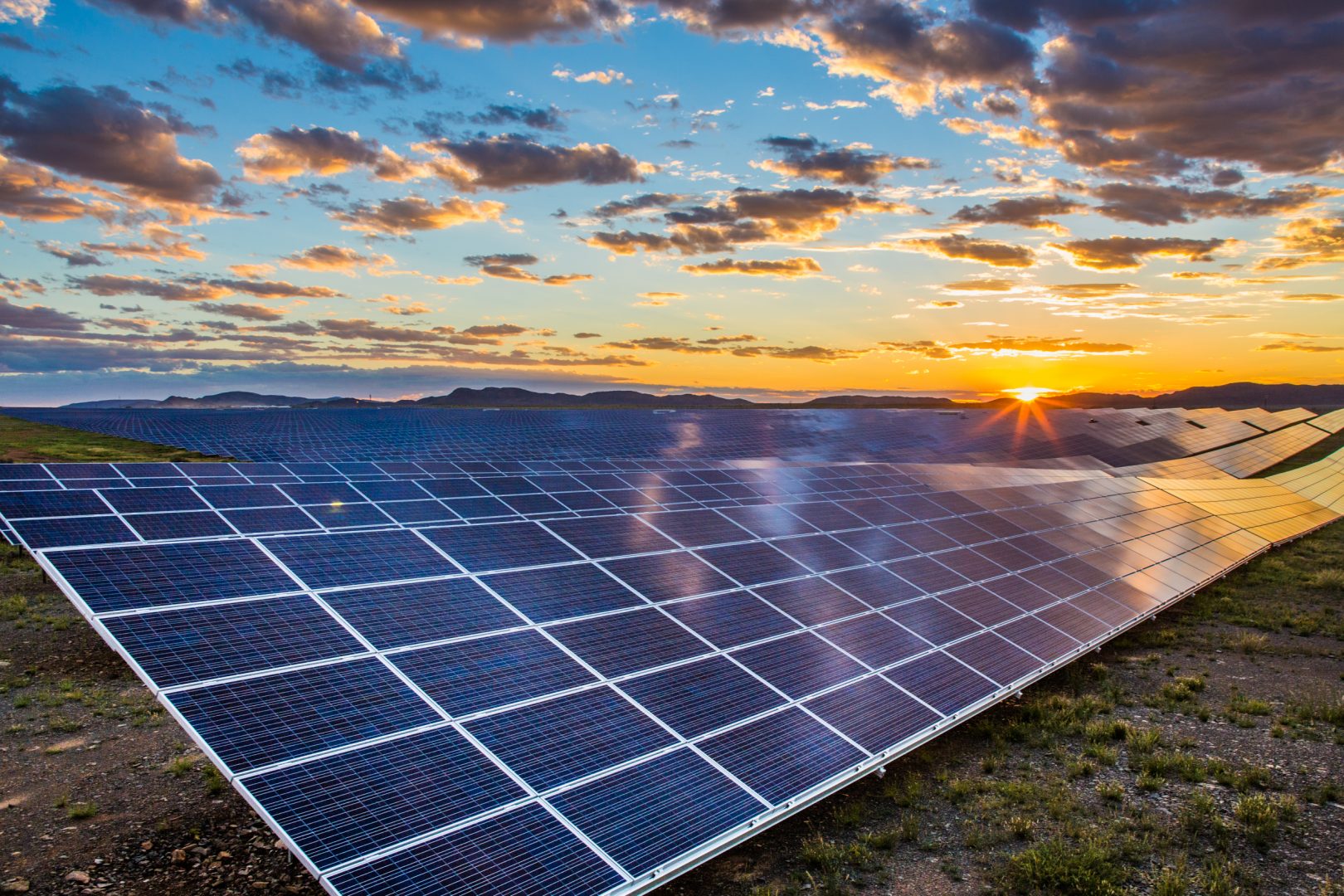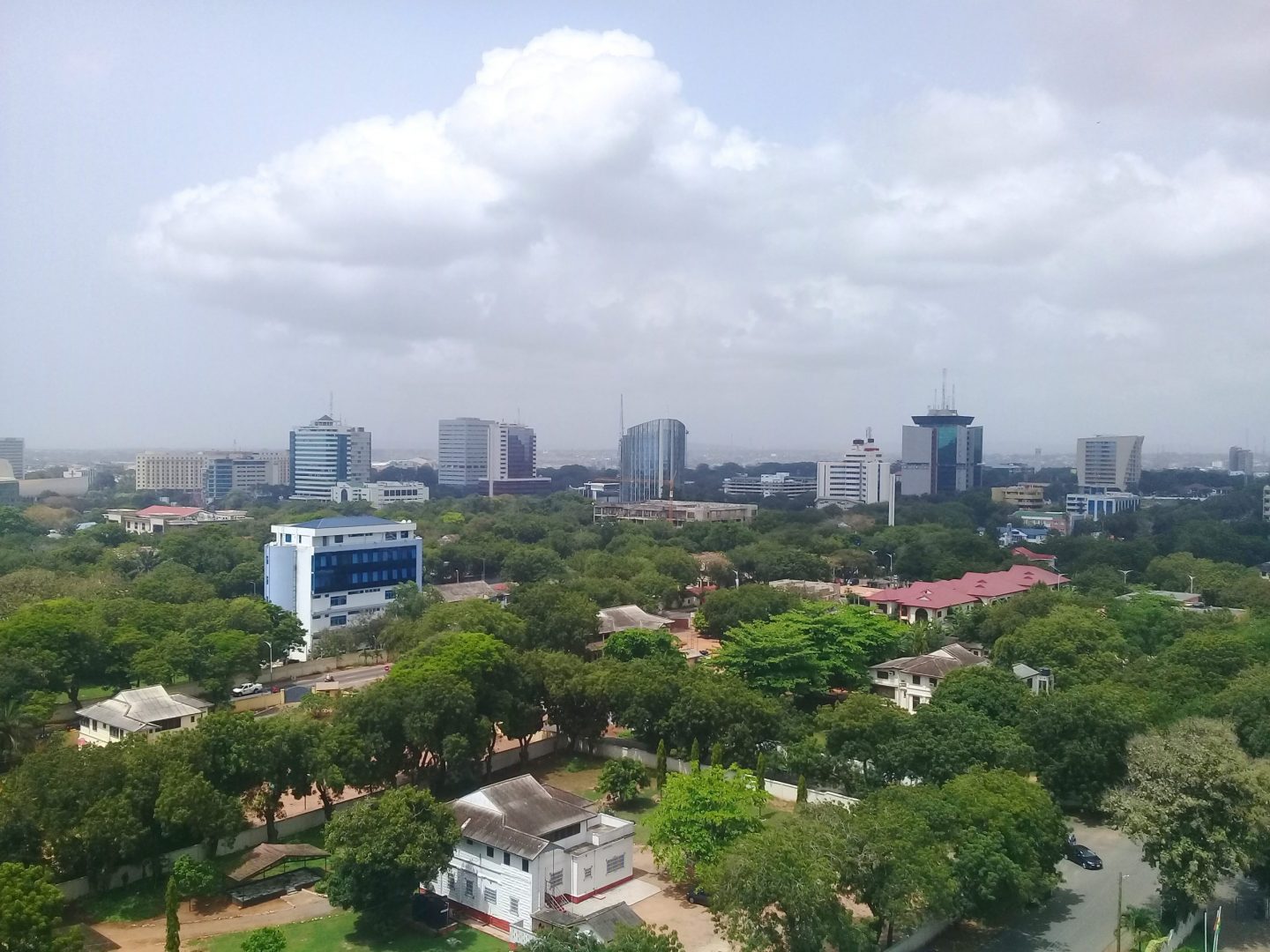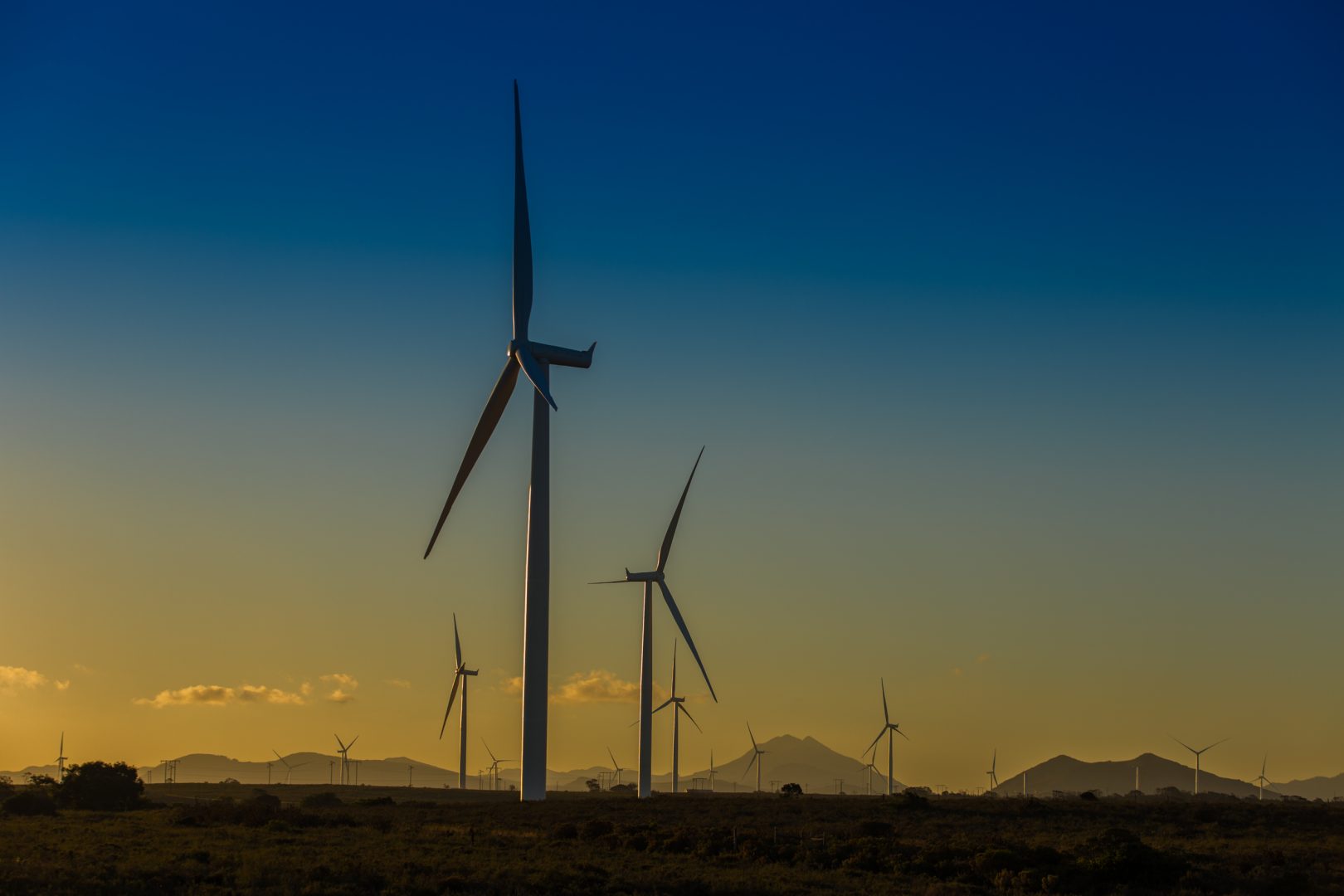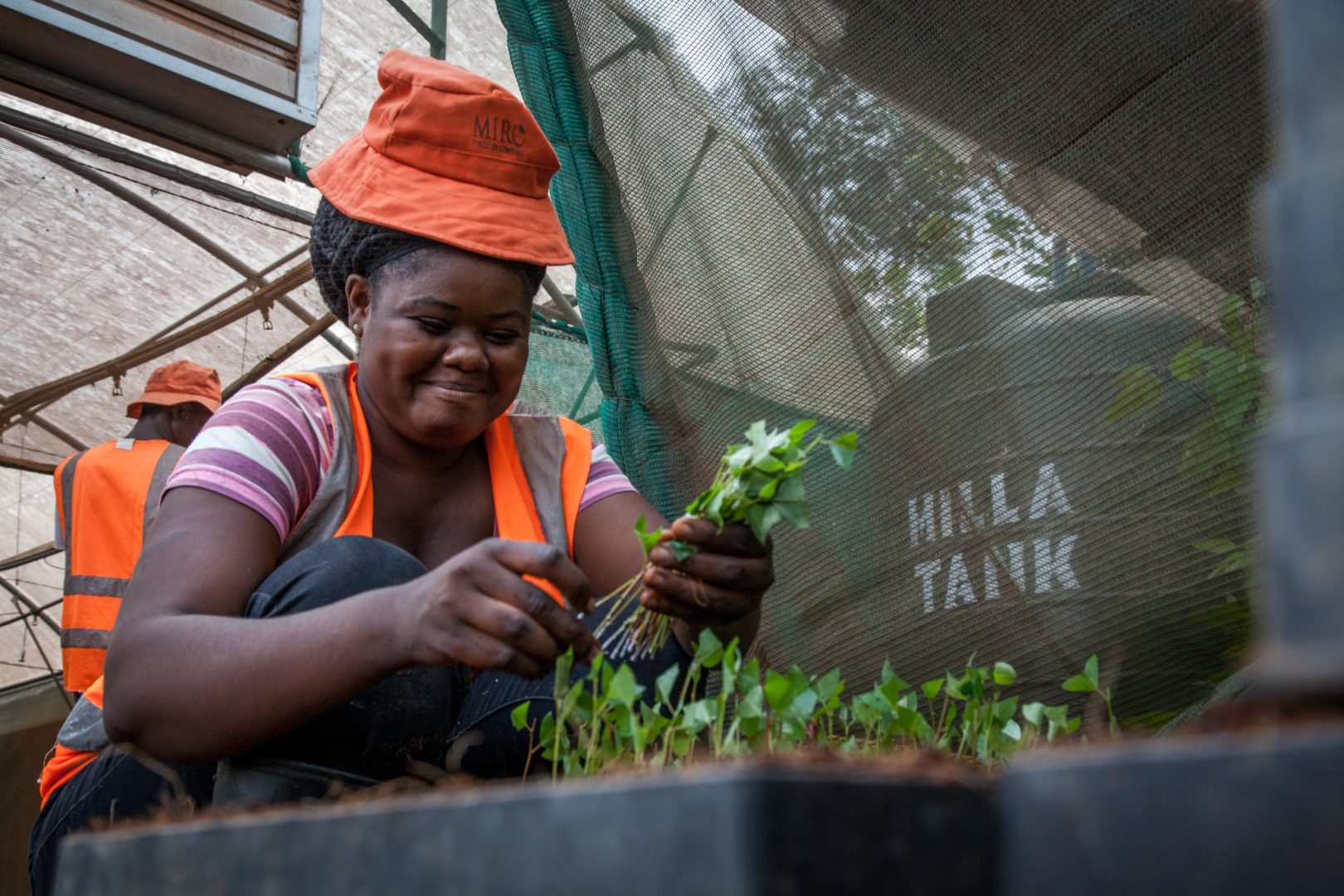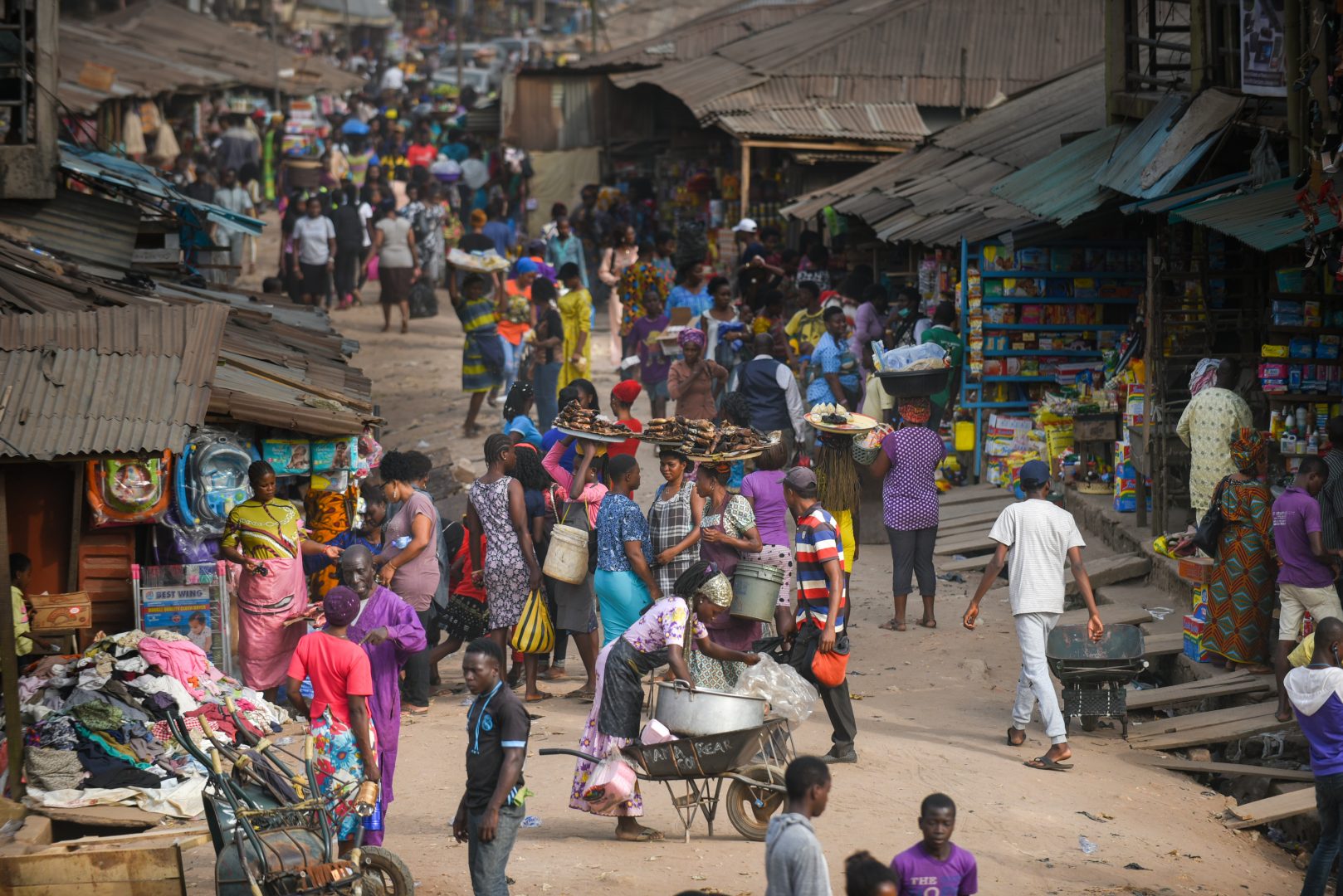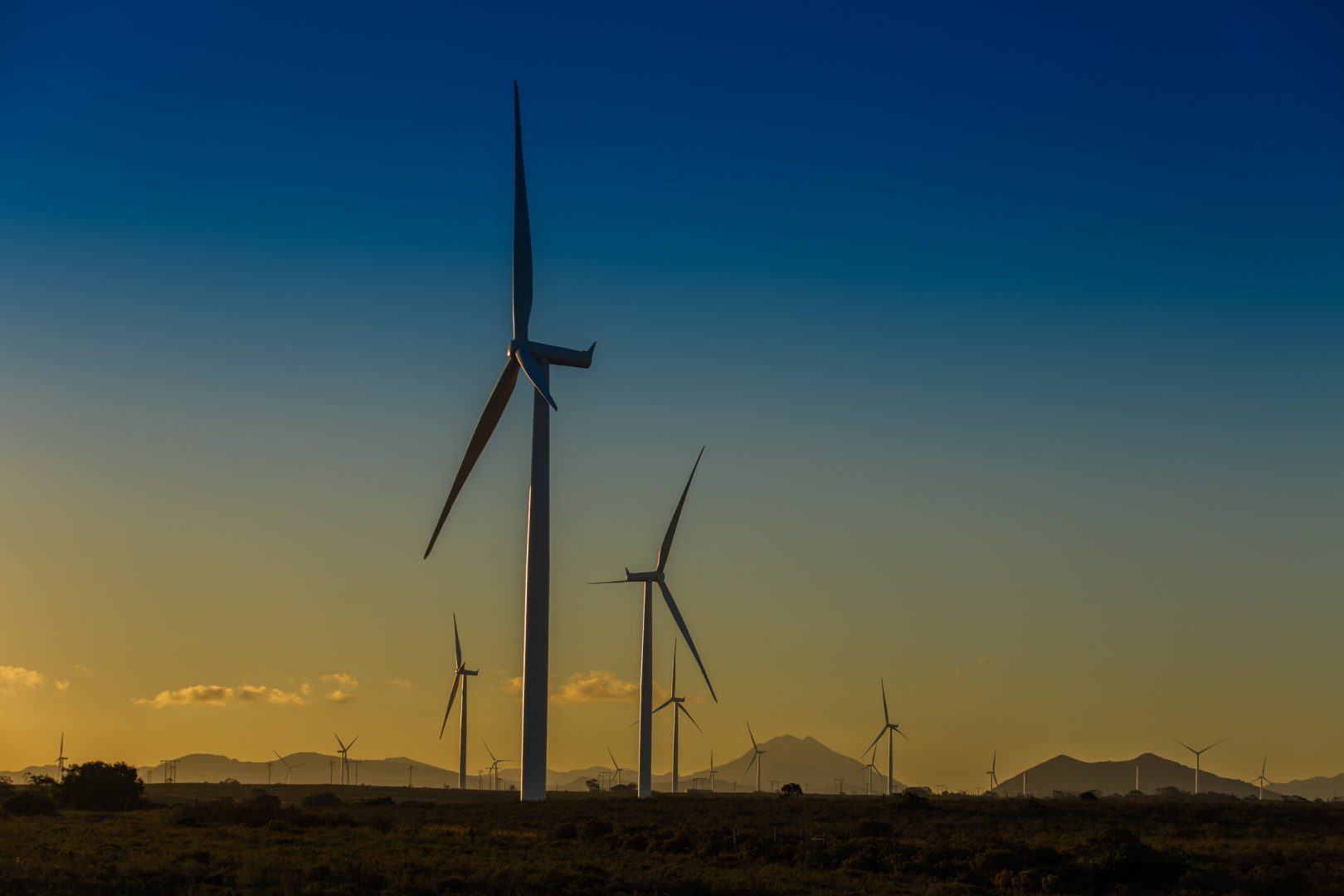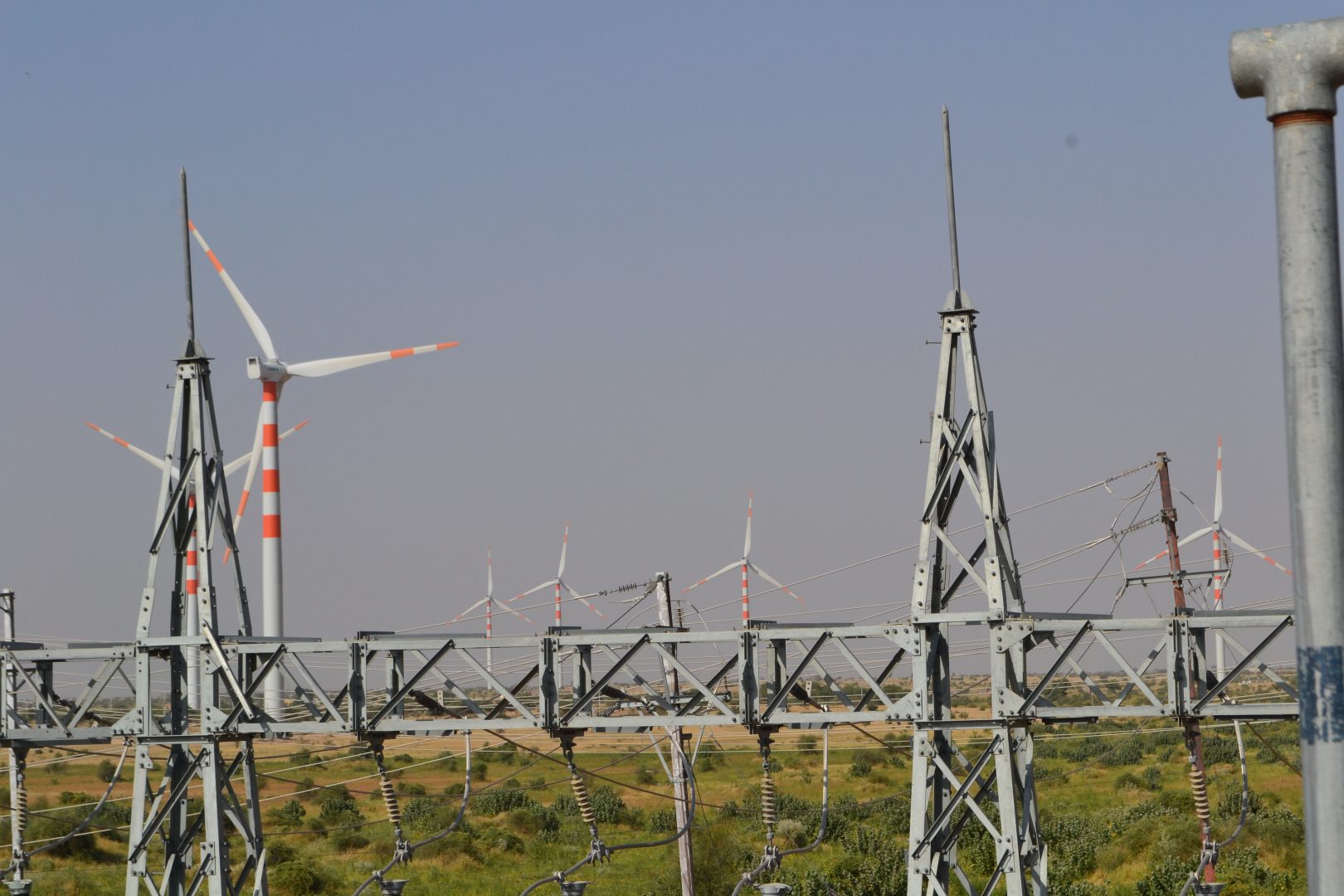Harnessing climate finance for sustainable development
The climate crisis is one of the biggest challenges facing humanity, with the threat to the most vulnerable and exposed populations in developing economies especially acute. What's the role of private finance in mitigating the worst effects of climate change, and supporting countries to adapt and build resilience against future impacts.
read
According to the Grantham Institute at the London School of Economics, $3 trillion of climate finance needs to be invested annually into several sectors if we are to reach net zero targets.
Hans Peter Lankes, now at LSE/Grantham and who until recently served as Vice President of Economics and Private Sector Development at the International Finance Corporation, says, “It is not enough to think about climate finance only in terms of renewable energy. We also need to look at adaptation and resilience, high impact projects outside of power, nature-based solutions and the use of technology.”
At our Insight event in May 2021, Hans Peter joined our Head of External Affairs, Colin Buckley, and our Director for Climate Change, Amal-Lee Amin, to discuss how we can use climate finance for sustainable development.
Ahead of the pivotal COP26 climate conference later this year, the panel reflected on the importance of investment to ensure we meet net zero targets and the other changes we need to see, such as a supportive regulatory environment and policies.
You can watch a recording of the event here
Hans Peter says it is critical that private capital is invested alongside public funds, such as from development finance institutions, if we are to make a meaningful difference to climate change. There are, he says, five dimensions to climate finance. Key aspects he says are enabling local investors to generate an investment pipeline, creating appropriate conditions at sector level, leveraging private third-party lending, unlocking capital markets and giving DFIs the capacity to mitigate investor risk.
But, Colin asks, is there a trade-off between climate and development; by focussing on addressing climate change do we side-line development priorities at the same time?
Maybe in the 1990s, argues Hans Peter, when less developed countries had to pay a premium for tackling climate change, but not anymore. Advances in technology mean that climate action is mostly no longer a cost and is now a growth and development opportunity, not only increasing resilience but also creating jobs.
“Take agriculture,” he says. “There’s already a transition underway to regenerative agricultural practices and by accelerating this transition you can boost yields and resilience, and this is in fact a business opportunity. According to the Food and land Use Coalition, there is a $100 billion technology-driven opportunity in sub-Saharan Africa alone.”
But, he says, to see progress there must be a willingness by both private and public finance, especially from DFIs such as CDC, to take “initial high risks and then scale up solutions”.
And while private finance is adapting, more needs to be done to introduce a standardised approach to transparency and climate reporting.
“For instance, there was still a net increase in coal capacity in 2020 and someone financed it…. we need to close various loops and one is moving from voluntary to mandatory disclosure.”
However, Amal-Lee drew attention to the progress that has been made. Earlier this year, a coalition of asset managers and owners responsible for US$37trillion assets convened by the UK’s Climate Envoy Mark Carney in partnership with UNEP FI, launched the Glasgow Financial Alliance for Net Zero, which aims to facilitate and accelerate the transition to net zero by 2050.
For Amal-Lee, the COP26 conference later this year, for which she is a senior adviser to the government, provides an opportunity to focus on critical issues around the quality and inclusivity of climate finance in addition to focus on quantity of finance.
She believes it is a chance to galvanise climate finance investors. “We have an opportunity to rebuild momentum around the $100 billion financing target” she says, and for investors to come together with partners under the G7 agenda to build out investment pipelines and to “take on a bit more risk” that is needed to deliver the innovation and market building that is needed to finance the transition to net zero and resilient economies.
At the same time, we also need an “inclusive” response to climate change. Ensuring that climate finance supports the technology and services that are needed to support the most vulnerable with adaptation and building resilience to the impacts of climate change must be a priority at the summit, Amal-Lee says.
What’s more, discussions at COP need to be practical, says Hans Peter. There are many large commitments to net zero at an international level, but they are often not reflected in what is happening on the ground, especially in developing countries. There needs to be, he says, clear pathways for reaching targets.
Amal-Lee agrees, “It’s essential to have these long-term targets,” she says. “But they are not credible on their own. You need to have milestones along the pathway and also have a plan for action to be taken in the immediate term.” Setting out these plans and reporting on these is key if we are to avoid potential for net zero goals becoming ‘green washing.’ Following publication of our climate strategy and commitment to net zero by 2050, we have baselined the emissions of associated with our portfolio and are now developing a carbon budget for the next five year strategy period.
And these targets need to be funded. The LSE/Grantham report estimates that each of the G7 nations need to commit an additional $1 trillion a year to climate finance to “relaunch economies” after the COVID crisis and fund sustainable and inclusive growth.
“These numbers might seem big but in the broader scheme of things they are feasible,” says Hans Peter. “The $100 billion [climate finance target] is tremendously important in the UN COP discussions. We’re in this together, we need to have the developing countries fully on board.”
Reaching the target is key to delivering on climate finance commitments, “it’s a matter of trust,” says Amal-Lee. “If finance commitments are missed, then we risk leaving countries and communities behind.”
This article is based on discussions at our recent event ‘Reimagining global governance and development in the post pandemic era’, part of our Insight event series. Catch up on the event recording, listen to the podcast below and find out about our future events.
